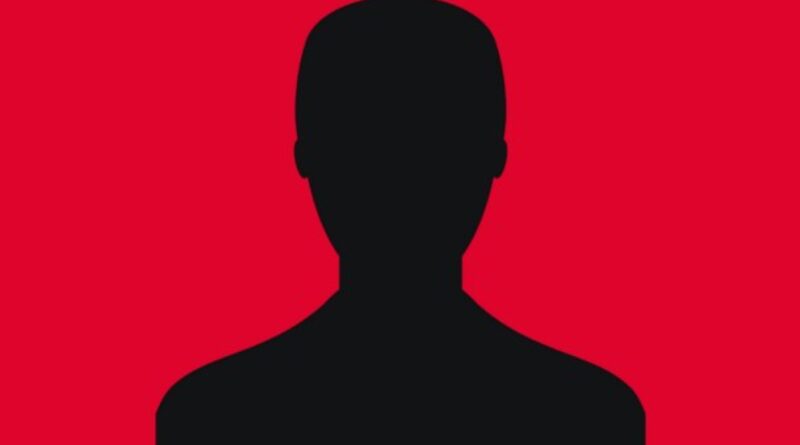Sudan: “The Dismissal of Sudan’s Case Against the UAE Exposes the Limits of International Law”
On 5 May, the International Court of Justice (ICJ) dismissed a case brought by the Sudan government against the United Arab Emirates (UAE), alleging violations of the Genocide Convention due to the UAE’s alleged funding and arming of Rapid Support Forces (RSF) militias in Sudan’s ongoing civil war. The Court determined it lacked jurisdiction due to the UAE’s previously established reservation to the treaty’s dispute resolution mechanism. This procedural decision effectively terminates all judicial proceedings in the ICJ, regardless of the merits of Sudan’s accusations.
CIVICUS discusses the implications of this ruling with representatives of two civil society organisations in Sudan who asked to remain anonymous for security reasons.
Why did the ICJ dismiss Sudan’s genocide case?
The dismissal came down to a legal technicality that exposes fundamental flaws in international justice. The ICJ ruled it manifestly lacked jurisdiction to hear the case because the UAE made a strategic reservation when it acceded to the Genocide Convention in 2005. Specifically, the UAE excluded article 9, which grants the ICJ jurisdiction over disputes concerning the Convention’s interpretation, application or fulfilment.
By making this reservation, the UAE effectively opted out of the Court’s compulsory jurisdiction for such disputes, meaning the ICJ could not examine the case on its merits. Crucially, the Court emphasised that its dismissal did not represent a judgment on the substance of Sudan’s accusations, because it was purely procedural.
What were the main accusations Sudan brought against the UAE?
Sudan accused the UAE of complicity in genocide and other grave violations of the Genocide Convention in Sudan’s western region of Darfur. Sudan alleged the UAE was providing extensive military, financial and logistical support to the RSF, enabling them to carry out systemic killings, rape, forced displacement and looting, particularly targeting the non-Arab Masalit community in West Darfur. Sudan also cited a recent siege of civilians in Al-Fasher, North Darfur.
How did the UAE defend itself?
In a public hearing on 10 April, the UAE mounted a two-pronged defence. First, it categorically denied all allegations, dismissing the case as utterly baseless and a cynical publicity stunt aimed more at garnering attention than addressing legitimate concerns. Second, it argued the ICJ lacked jurisdiction due to its reservation to article 9 of the Genocide Convention.
Beyond the legal arguments, the UAE portrayed itself as a humanitarian actor, emphasising its status as a major humanitarian donor to Sudan and claiming it was actively working to alleviate suffering rather than fuel violence.
What does this ruling mean for accountability in Sudan’s conflict?
For Sudan, this ruling closes one important legal avenue but doesn’t end the pursuit of justice. The ICJ’s dismissal doesn’t grant impunity or represent a judgement on the accusations, and Sudan can still pursue other avenues, such as the International Criminal Court (ICC), which has jurisdiction to prosecute individuals and maintains a mandate for Darfur. The ICC could investigate heads of state or military commanders for war crimes and potentially expand existing investigations.
However, for Sudanese victims of these alleged crimes, the dismissal represents a significant setback. It means one of the most prominent international legal forums cannot examine evidence of potential genocide.
Beyond Sudan, the case exposes deeper systemic problems in international justice. It exposes the limits of international law and how its reliance on voluntary state participation allows countries to appear committed to human rights while avoiding scrutiny through strategic reservations. This dynamic reinforces concerns that bodies like the ICJ may neutralise and pacify conflicts rather than deliver justice, masking power dynamics behind a pretence of justice.
Sudan’s case underscores the urgent need to reassess how the international community approaches justice in conflict zones. What’s needed are robust mechanisms that transcend the discretion of powerful states and can genuinely uphold human rights and ensure accountability for atrocities.
SEE ALSO
International Court of Justice offers hope of rules-based order CIVICUS Lens 19.May.2025
Sudan: ‘The international community must stop turning a blind eye to the suffering of Sudanese women’ CIVICUS Lens | Interview with Sulaima Elkhalifa 13.Nov.2024
UAE complicit in Sudan slaughter CIVICUS Lens 04.Jul.2024

